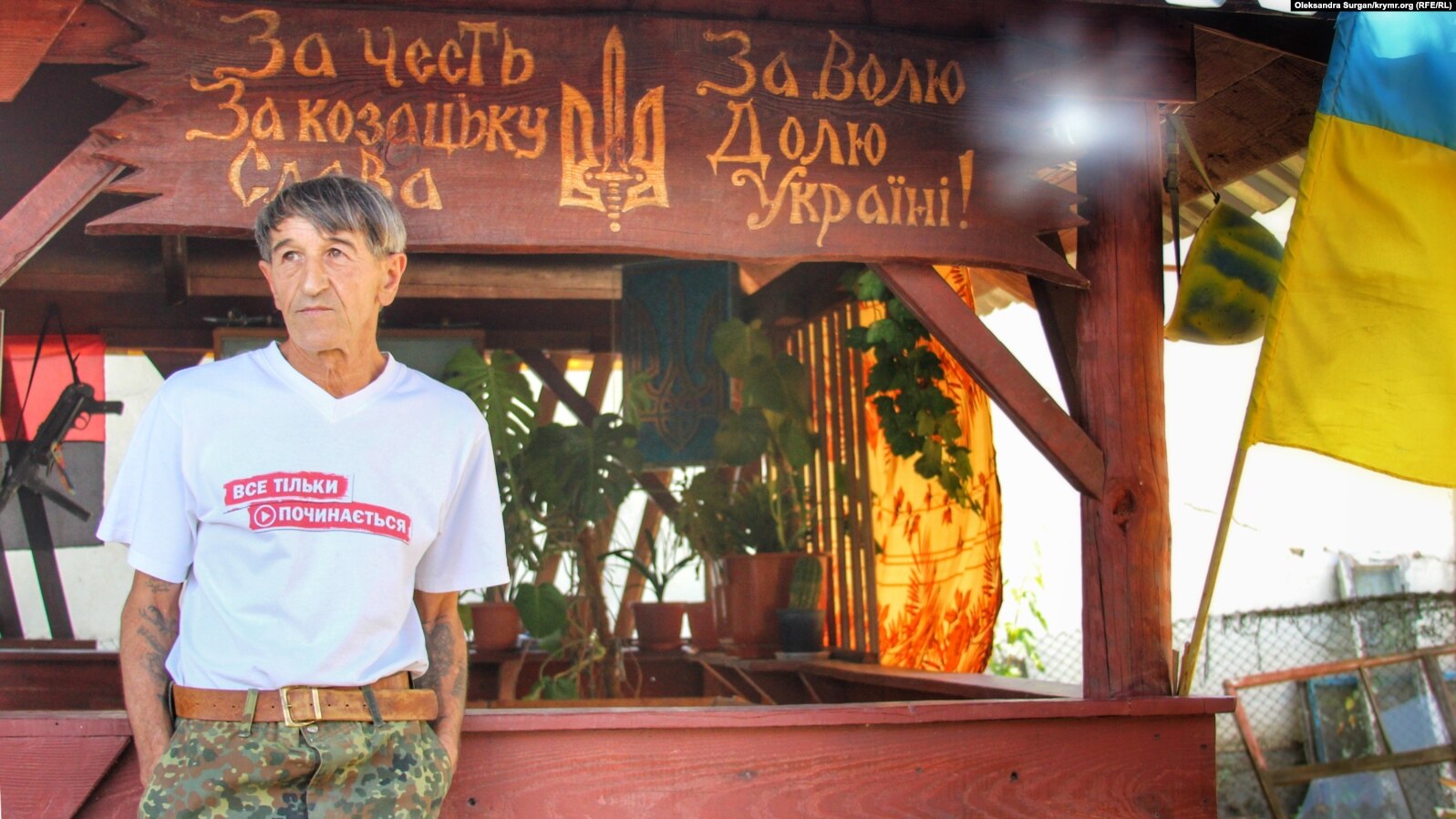The British journalist Madeline Roache, who wrote about human rights in the post-Soviet space, especially the political abuse of psychiatry and political prisoners, was fined by the Central district court in Simferopol, occupied Crimea. She was forced to leave the territory of the peninsula which Russia annexed in 2014, according to Anton Naumlyuk, a correspondent at Radio Liberty.
The journalist was detained by law enforcers on 7 February in a Simferopol hostel, where she was staying during her visit to the peninsula. Roache was accused of journalist activities on the territory of Crimea without accrediation by the Russian MFA, and of not having medical insurance. After questioning in the police department, Roache was found guilty of violating Russia's entrance rules for foreigners.
The state lawyer Andrei Semenets, who was given to Roache by the police, compelled her to accept her guilt, pay the fine, and leave Crimea. In court, the journalist insisted that she was not carrying out any editorial task and came to Crimea to get to know the heroes of her publications. The police responded that she had, according to their information, filmed and transmitted videos of meetings with families of Crimen Tatar political prisoners with her phone.
Naumlyuk wrote that Roache supposes that the law enforcers had been following her and, apparently, had tracked her activity in the internet. Also, the police officers mentioned witnesses who told about meetings with Roache, but refused to name and question them in court. When Madeline Roache declared that she has medical insurance, which she purchased when applying for a Russian visa, the law enforcers said she needs a "special insurance for Crimea." The journalist was fined RUB 4,000 ($69) and left Crimea on the same day.
Madeline Roach published articles about the violation of human rights in Crimea and about the persecution of Crimean Tatars in Euromaidan Press, The Moscow Times, Newsweek, The Globe and Mail, and other outlets. The police demonstrated her article in Aljazeera about the return of punitive psychiatry in the activities of Russian special services on the example of Crimean Tatar Mejlis leader Ilmi Umerov in court. During the investigation held in Umerov's declarations against the annexation of Crimea, the Crimean Tatar leader was forcefully placed in a psychiatric clinic for a month.
Here are the articles Madeline wrote for Euromaidan Press:
Soviet-era punishment resurfaces in Crimea: the political abuse of psychiatry
“Russian history competition turns schoolchildren into extremists,” Russian historians are told
The US has expanded sanctions over Russia – but will it stop the torture in Crimea?
Read also:
- Who is Ilmi Umerov, the Crimean Tatar Russia so fears?
- EU Parliament demands Russia release 47 Ukrainian de facto political prisoners
- Crimean Tatar leader Umerov awarded Prize of Platform of European Memory and Conscience
- Umerov case highlights why Crimean Anschluss a threat to Russians, Portnikov says




